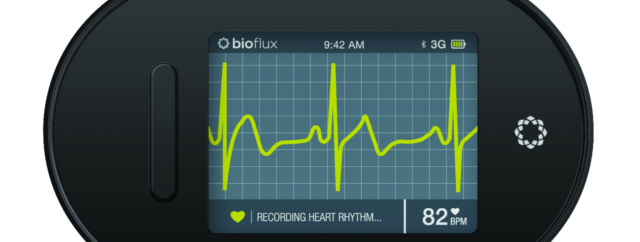
Biotricity, Inc., a provider of biometric remote monitoring solutions has been awarded ethics approval to conduct a study that will investigate and validate a mobile wireless fetal heart rate variability (HRV) monitor. Conducted at Rockyview General Hospital, the findings of the study will be used to build on the research of Biotricity’s flagship product Bioflux which is currently awaiting final FDA clearance and will be the second major app for the clinical-grade remote patient monitoring device.
Study Overview
Early and consistent prenatal care improves the chances of a healthy pregnancy for both mother and child. Prenatal monitoring helps physicians and other caregivers to better control existing conditions in the mother, such as high blood pressure and diabetes, and help avoid serious complications in pregnancy from other disorders, such as preeclampsia. Regular monitoring reduces the infant’s risk for complications as well, making unforeseeable risks more predictable, manageable and potentially preventable.
Mobile, wearable systems for fetal ECG recording will allow for real-time and real-life evaluation of both the baby’s and mother’s status. An electrical sensing ECG monitor provides a higher sampling rate than conventional techniques. This allows for a higher level of heart rate variability processing and automation, which can help differentiate artifacts from the heart rates of both the mother and the baby. This enhanced accuracy could further help save lives and improve the overall quality of prenatal care.
“Estimating the heart rate variability pre-birth is a natural progression for Biotricity, whose main goal in this sphere is to research future medical devices that are easy to implement in both the physician’s office and the patient’s home, that are comfortable and small, and that can offer precise remote data and care,” said Waqaas Al-Siddiq, Founder and CEO of Biotricity. “We are extremely excited to receive ethics approval and look forward to building on the research of our flagship product, Bioflux, which is a highly accurate, clinical-grade remote patient monitoring device that specifically focuses on individuals diagnosed with or at risk for cardiovascular disease.”
